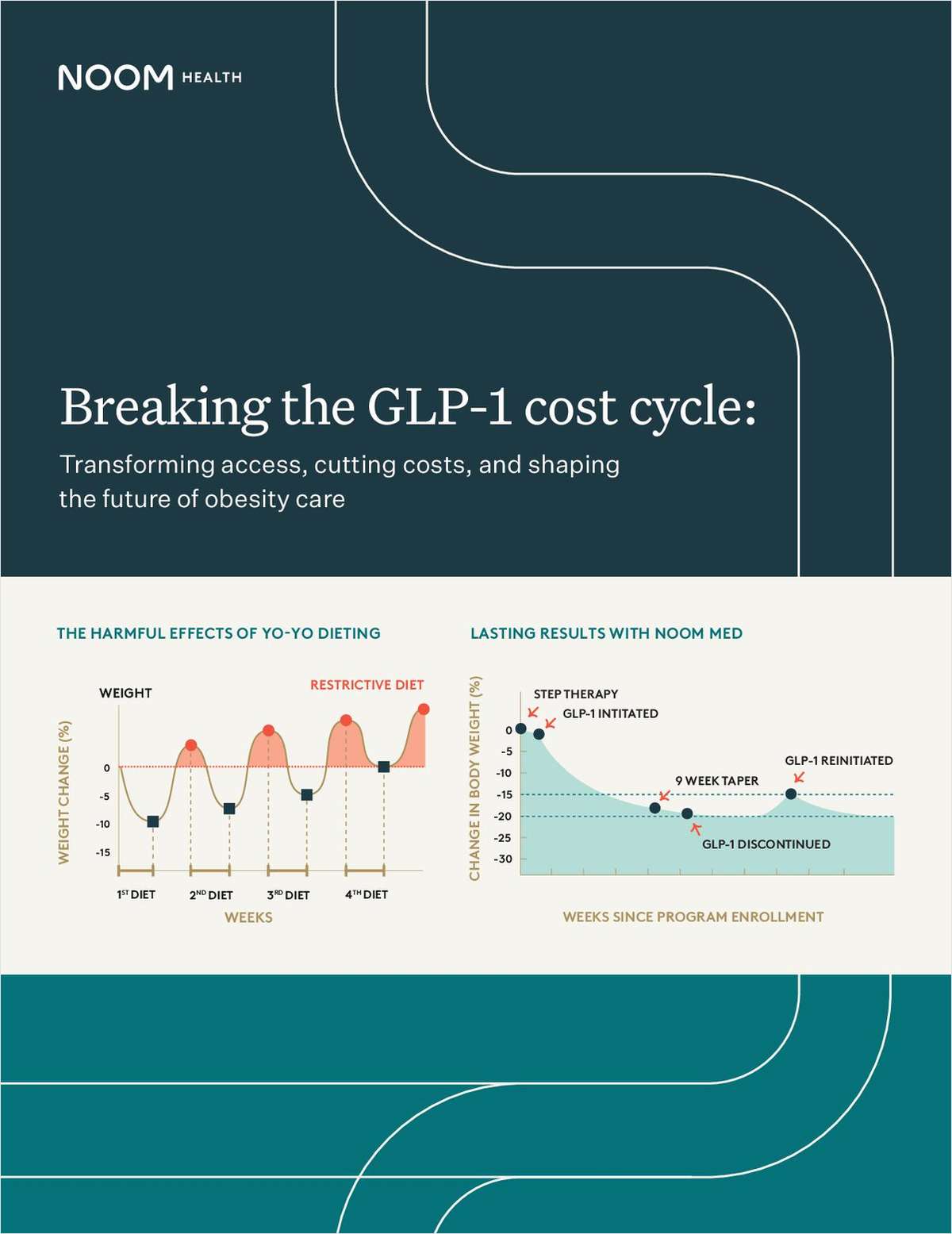The Coronavirus Pandemic and the Crisis in Real Estate
What are landlords to do if they discover an outbreak of the coronavirus in their building? Do they have an obligation to shut down the building and decontaminate the space? Will they be liable for business interruption?
March 18, 2020 at 12:58 PM
6 minute read
 The COVID-19 pandemic has created a crisis in real estate of unknown dimensions and with few clear answers. Following the many networks of real estate lawyers nationwide, the issues that have surfaced thus far are many.
The COVID-19 pandemic has created a crisis in real estate of unknown dimensions and with few clear answers. Following the many networks of real estate lawyers nationwide, the issues that have surfaced thus far are many.
As with other calamities, there is often a cascading series of events and conditions, as with the Chernobyl disaster in 1986, and the "perfect storm" of 1991 that led to the loss of the Andrea Gale.
The people least able to pay their rent and their mortgages are likely to be the ones let go and left without incomes as businesses shut down. Evictions and foreclosures will increase. Will landlords and lenders extend the time to cure and avoid having to take action? The mayor of San Jose has called for a moratorium for 30 days on evictions of residents who can demonstrate that they cannot pay their rent because of a substantial loss of income related to the virus. The council vote is expected in the next week or two. Italy is suspending mortgage payments throughout the country.
As businesses slow down, close and fail, rents will evaporate, and the properties will become less valuable, altering the loan-to-value ratios, triggering default clauses, and making refinancings impossible.
Seeing what lies ahead, lenders are reducing their lending.
Potential home buyers, skittish about the future, will withdraw from the market, decreasing demand and driving down the value of homes.
And how does one market real estate in this environment? "Open houses" are going to be problematic. Does a seller want strangers coming into their home, possibly contaminating it? Will they wait to market their homes until the pandemic is over?
The effect has already been felt. The National Association of Realtors surveyed its members on March 9 and its Realtors reported an 11% drop in buyer traffic and 7% lower seller traffic. The NAR predicts a 10% reduction in sales, at least in the short term, as a consequence of the coronavirus. The NAR also issued a guide for its members about what questions they can ask of those they are dealing with as to their exposure to the virus and warning them to avoid discrimination.
The market has already reacted strongly, with REITs in mall properties and hospitality hammered. Ryman Hospitality Properties was $90.30 a share on Feb. 18. On Monday, March 17th, it closed at $24.09.
Current contracts for sales and for leasing do not have provisions addressing the problems raised by the pandemic, particularly those relating to the time within which to perform. Suggestions have been made for an addendum to contracts. CATIC recently offered this advice, along with some suggested language regarding "excused delay": "Given the uncertainty caused by increasing reports of quarantines, closures and other efforts to mitigate the effects of the coronavirus (COVID-19), it is also recommended that attorneys consider adding language to their real estate contracts that will address a situation where any party is under quarantine, prevented from travelling or meeting or otherwise cannot perform."
Some have advocated for remote and online notarization and closings, and others disagree, fearing fraud. One suggestion is that the parties to any transaction grant powers of attorney to others to step in if they are sick or quarantined.
If city and town halls are closed or are short-staffed because people are working at home or sick, how does one record a deed or other document on the land records in a timely manner? Is this a problem, as Connecticut is a "notice" state?
What is a landlord to do if they discover an outbreak of coronavirus in their building? Do they have an obligation to shut down the building and decontaminate the space? Will they be liable for business interruption? Will the tenant be required to pay the cost of the decontamination? What if they don't close the building, decontaminate, and prevent infected persons from reentering? Is notice to the other tenants sufficient, letting them make their own decisions?
As the coronavirus drives businesses into slowdown and shutdown, can they make claims on their business interruption insurance policies to cover mortgage payments and rent? Such policies typically cover natural disasters causing direct physical loss or damage, not pandemics.
The pandemic points out the wisdom of perhaps requiring some or all tenants to carry business interruption insurance for this type of risk. Such coverage is apparently available, contrary to common belief. An example of the policy endorsement for the coverage is set out in Catholic Medical Center v. Fireman's Fund Insurance, Civil No. 14-cv-180-JL (D.N.H. June 1, 2015). Commercial practice is that larger corporations self-insure and do not carry business interruption insurance on certain types of properties. For example, offices are often not covered, but manufacturing facilities are.
When does the coverage kick in? When the government orders no assemblies over 250 people and the playhouses close? When the restaurants close? Is it enough that the government "suggests" certain limitations?
Landlords may have loss of rental income insurance. Where the tenant bears the responsibility of insuring, the landlord may require the tenant to carry loss of business income coverage. However, with Hurricane Katrina many insureds could not recover because the loss of rental or loss of business income was not covered under the cause-of-loss provisions. The pandemic leaves landlords, tenants and the insurance companies in a state of uncertainty. It is even harder for the landlord or tenant with such coverage when part of the facility is shutdown, not the tenant's space, causing the remaining area to be closed, terminating the tenant's lease. Policies generally do not provide coverage for that.
In the face of this health crisis, do landlords have an obligation to increase the cleaning of common areas? Tenant spaces? Should landlords be providing information to tenants on best practices? If so, is it best to stick to guidance from the Centers for Disease Control and Prevention, the state, and public health districts?
So many questions, so few answers. Real estate lawyers here in Connecticut and across the country are in constant contact sharing ideas on how to get through this pandemic as best we can. It is that sense of shared purpose and the continuing dialogue that can help us find a path forward.
Attorney Dwight Merriam, who practices in Simsbury, is a fellow of the American College of Real Estate Lawyers and member of the Connecticut Law Tribune's editorial board.
This content has been archived. It is available through our partners, LexisNexis® and Bloomberg Law.
To view this content, please continue to their sites.
Not a Lexis Subscriber?
Subscribe Now
Not a Bloomberg Law Subscriber?
Subscribe Now
NOT FOR REPRINT
© 2025 ALM Global, LLC, All Rights Reserved. Request academic re-use from www.copyright.com. All other uses, submit a request to [email protected]. For more information visit Asset & Logo Licensing.
You Might Like
View All
ADVANCE Act Offers Conn. Opportunity to Enhance Carbon-Free Energy and Improve Reliability With Advanced Nuclear Technologies

Trending Stories
Who Got The Work
J. Brugh Lower of Gibbons has entered an appearance for industrial equipment supplier Devco Corporation in a pending trademark infringement lawsuit. The suit, accusing the defendant of selling knock-off Graco products, was filed Dec. 18 in New Jersey District Court by Rivkin Radler on behalf of Graco Inc. and Graco Minnesota. The case, assigned to U.S. District Judge Zahid N. Quraishi, is 3:24-cv-11294, Graco Inc. et al v. Devco Corporation.
Who Got The Work
Rebecca Maller-Stein and Kent A. Yalowitz of Arnold & Porter Kaye Scholer have entered their appearances for Hanaco Venture Capital and its executives, Lior Prosor and David Frankel, in a pending securities lawsuit. The action, filed on Dec. 24 in New York Southern District Court by Zell, Aron & Co. on behalf of Goldeneye Advisors, accuses the defendants of negligently and fraudulently managing the plaintiff's $1 million investment. The case, assigned to U.S. District Judge Vernon S. Broderick, is 1:24-cv-09918, Goldeneye Advisors, LLC v. Hanaco Venture Capital, Ltd. et al.
Who Got The Work
Attorneys from A&O Shearman has stepped in as defense counsel for Toronto-Dominion Bank and other defendants in a pending securities class action. The suit, filed Dec. 11 in New York Southern District Court by Bleichmar Fonti & Auld, accuses the defendants of concealing the bank's 'pervasive' deficiencies in regards to its compliance with the Bank Secrecy Act and the quality of its anti-money laundering controls. The case, assigned to U.S. District Judge Arun Subramanian, is 1:24-cv-09445, Gonzalez v. The Toronto-Dominion Bank et al.
Who Got The Work
Crown Castle International, a Pennsylvania company providing shared communications infrastructure, has turned to Luke D. Wolf of Gordon Rees Scully Mansukhani to fend off a pending breach-of-contract lawsuit. The court action, filed Nov. 25 in Michigan Eastern District Court by Hooper Hathaway PC on behalf of The Town Residences LLC, accuses Crown Castle of failing to transfer approximately $30,000 in utility payments from T-Mobile in breach of a roof-top lease and assignment agreement. The case, assigned to U.S. District Judge Susan K. Declercq, is 2:24-cv-13131, The Town Residences LLC v. T-Mobile US, Inc. et al.
Who Got The Work
Wilfred P. Coronato and Daniel M. Schwartz of McCarter & English have stepped in as defense counsel to Electrolux Home Products Inc. in a pending product liability lawsuit. The court action, filed Nov. 26 in New York Eastern District Court by Poulos Lopiccolo PC and Nagel Rice LLP on behalf of David Stern, alleges that the defendant's refrigerators’ drawers and shelving repeatedly break and fall apart within months after purchase. The case, assigned to U.S. District Judge Joan M. Azrack, is 2:24-cv-08204, Stern v. Electrolux Home Products, Inc.
Featured Firms
Law Offices of Gary Martin Hays & Associates, P.C.
(470) 294-1674
Law Offices of Mark E. Salomone
(857) 444-6468
Smith & Hassler
(713) 739-1250












